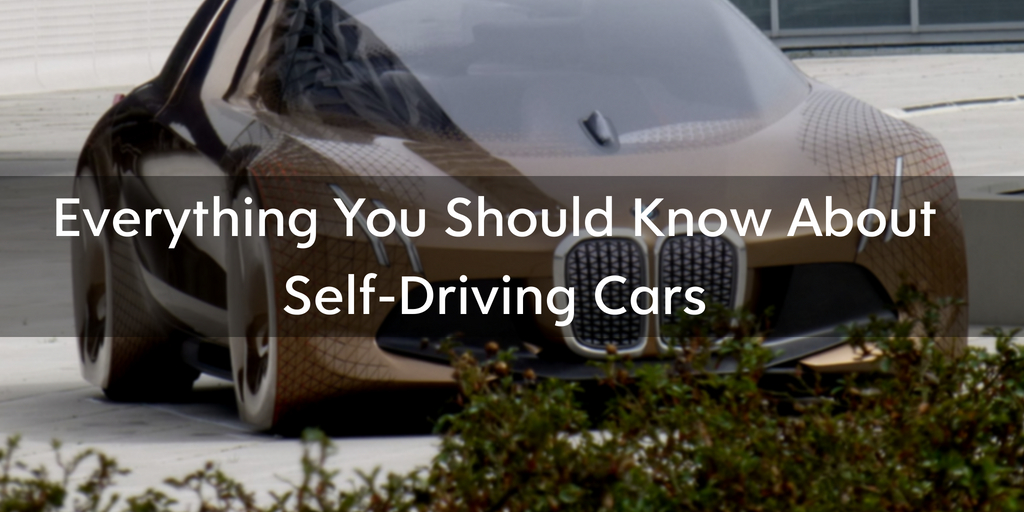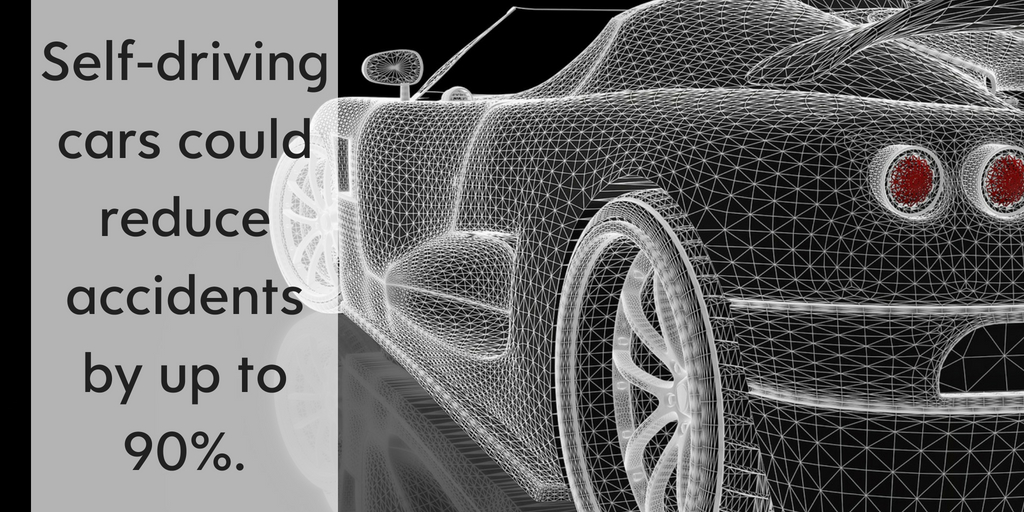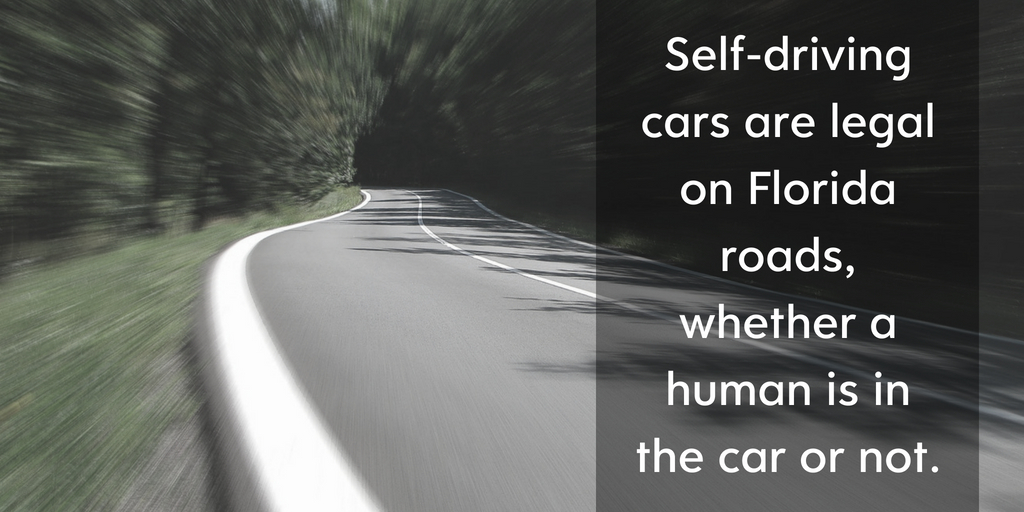
If you’re anything like me, you’ve probably been following the development of self-driving cars. I’ve always found myself fascinated with tech, and autonomous vehicles are the latest craze. Companies like Google and Uber are investing a lot of time and money into the technology. How will driverless cars affect the average person though?
- For some, it’s a far-off gimmick.
- For others, it’s the wave of the future that will transform our society in no time.
Personally, I’m more interested in how the technology will affect things like our laws and insurance. After more than two decades in personal injury law, I just can’t help myself.
Emerging Issues with Self-Driving Cars
There is a lot of media attention and money pouring into the field of autonomous vehicles. What exactly are they and how do they work?
- Self-driving cars are aware of their environment and can cruise the streets without any human intervention.
- They’re able to sense their surroundings with radar, infrared lasers, GPS, and computer vision. It seems like every single carmaker in the United States is rushing to get their version of the tech to market.
Driverless cars are predicted to shake up the world of transportation. According to a report by McKinsey & Company, self-driving cars could reduce auto accidents by up to 90 percent. They could reduce the amount of insurance needed, help minimize traffic congestion, and lower fuel consumption. They could even open the world of transport to the elderly and the physically disabled. Is it that easy though?

What Will It Mean for Us?
They may be able to help fix a lot of problems, but that doesn’t mean it will be smooth sailing. There are a lot of interesting questions to be answered.
- Who is at fault in a collision when nobody was driving?
- How will road conditions affect the technology’s ability to keep you safe?
- Are people going to be comfortable with putting their lives in the hands of technology they don’t understand?
- How will this affect insurance rates?
These are all questions we don’t quite know the answer to yet.
They even raise questions of ethics and philosophy. We may be giving technology the ability to decide who lives and who dies. Say, for example, a terrible situation arises. Something goes wrong in an instant and there is no way to avoid an accident, even with a computer behind the wheel. You’re either going to veer off a cliff, ending in your fatality, or fatally crash into another car carrying a mother and child. What does your car choose? Should it protect its own passenger at all cost or minimize loss of life by prioritizing the safety of the other car?
It may seem crazy or far-fetched, but these are real questions that many people are dedicating their careers to solving. There don’t seem to be any easy answers.
The Law vs. The Car
Let’s bring it back closer to home. What does Florida law have to say about the prospect of self-driving cars? As of 2012, our laws are in full support. In the state of Florida, it’s been legal for the past six years for autonomous cars to operate on the public roads. In the past couple of years, we went even further. We no longer require a human to be in the car at all. You could pull up next to a completely empty car at a traffic light in our state. The lawmakers’ goal is to make our state a leader in autonomous vehicle technology.

Have we gone too far too fast? Even the most optimistic estimates put self-driving cars at least 10 years in the future before mass adoption. If we think the technology is that far off, should we be so lax in our restrictions? After a deadly accident in Tempe this year that involved a driverless Uber car and a pedestrian, the question is even more pressing. There are a lot of questions we must answer still, but the technology continues to advance. Hopefully, we get those answers soon.
Contact Brooks Law Group
The technology may be coming, but we still live in a world where humans are behind the wheel. Somewhere around 90 percent of auto accidents are caused by human error. If you or a loved one has been injured in a car accident caused by someone else’s negligence, don’t wait. Call Brooks Law Group today at 1-800-LAW-3030 for a free consultation. Our attorneys and staff are committed to providing the best possible client experience for you. Our team is so confident in our abilities that you don’t owe us anything unless we recover money for you. So what are you waiting for? Call or visit us online today!













